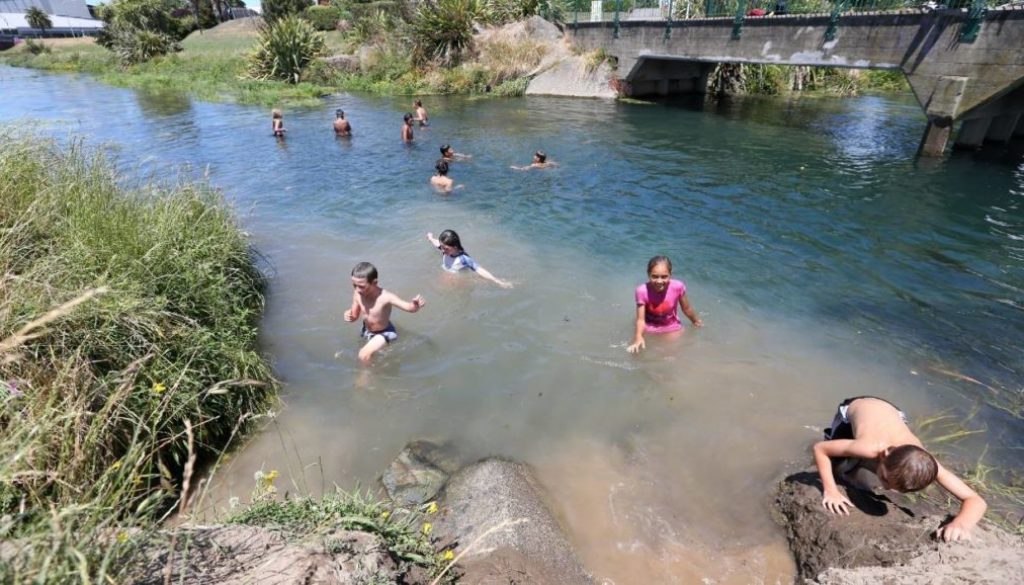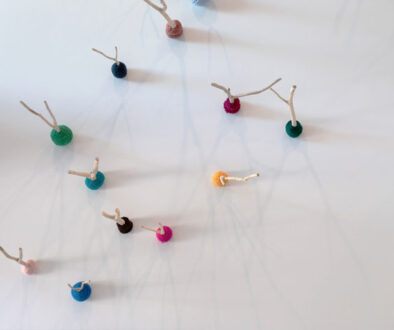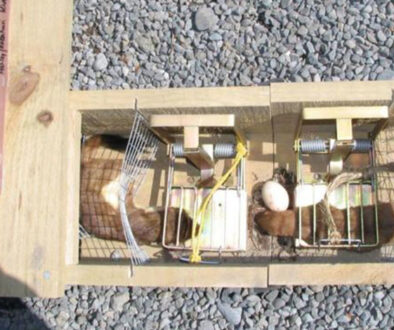Newsletter #36
Greetings,
Our next meeting will be on Friday 16 February from 2.00pm, at Ngai Mahi Road, Sockburn. Ailsa Howard, who has been researching banded dotterels, will be presenting the work they’ve been doing in Kaikoura to protect nesting birds using nesting cages. The outcome of this work shows that it could prove to be an important tool in protecting small ground nesting birds, so come along and find out what it’s all about.
Following the successful trapping workshop at Woodend in October, we are holding another trapping workshop in Ashburton on Saturday 24 February: more information and to book. The government is yet to decide whether ECan’s request to release the rabbit calicivirus will be approved. If the decision (to be made this month) is to go ahead, removing large numbers of rabbits means hungry feral cats and mustelids will turn more to birds (and reptiles). An intensive trapping programme following the proposed autumn release and before bird breeding season begins will be a crucial strategy to knocking back the numbers of hungry predators.
Cheers,
Sonny Whitelaw
Manager
mananger@braid.org.nz
Temperature whiplash: Cyclones like Fehi are not unseasonal, but combined with abnormally high sea temperatures over summer, Forest & Bird reported hundreds of fledgling fairy prions washing up starving or dead. It’s unlikely that fairy prions are the only seabirds to be affected.
Spin-doctoring the freshwater debate: “Worrying about quality of fresh waterways is stressful. You can do far more for the environment, and your own mental health, by visiting a river and swimming in it.” The Swim Fresh campaign is carefully crafted to deflect and devalue genuine concerns over freshwater. It’s funded and conceived by Blackland PR, a crisis management and corporate consultancy that prides itself on influencing public perception of controversial issues that threaten a corporation’s reputation. “[We] take arguments and evidence in your favour deep into the New Zealand public. We change hearts and minds, undermining those who threaten your business.” A must read article exposing the campaign for what it is.
Recent articles in Stuff highlight the fact that braided river birds are not ‘charismatic enough’ for Kiwis to care about them. Although there are some incorrect factual elements in the stories, the articles have been great exposure for black-billed gulls and wrybill.
Wetland loss in New Zealand: most of us are probably all too aware of the extent, but these comparative maps in the North Island makes grim visuals. Meanwhile, research just publish in Nature “…results suggest that wetland restorations that account for the effects of spatial position in stream networks could provide a much greater benefit to water quality then previously assumed.” (What a surprise..)
Thanks to those who have contributed to this newsletter. Please keep news items coming. If they are time-sensitive, I’ll put them on Facebook page regularly, as events posted there often expire within days.




